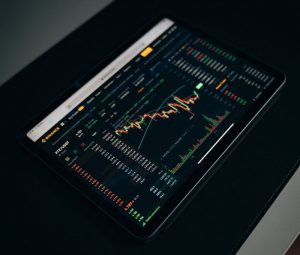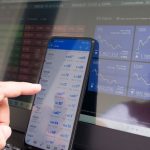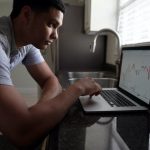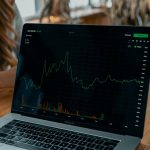Does backtesting in trading work?
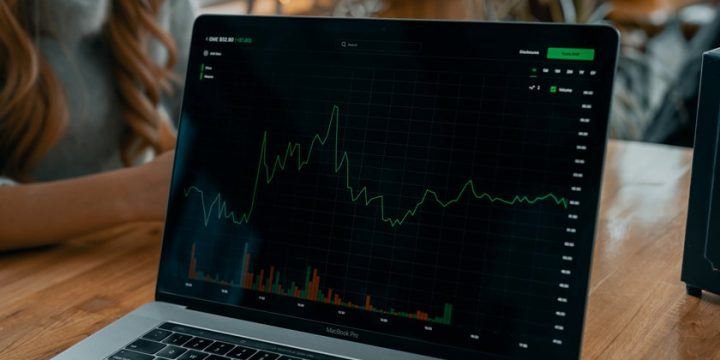
One of the most typical things that someone really interested in the world of trading does is some backtesting, that is, the analysis and study of past prices to try to find some pattern that could result in an statistical advantage to become a profitable (millionaire) trader.
The main problem of backtesting is that they are made almost from a wrong point of view, which is not other than the fact that they are mostly based on day trading.
The second problem of backtesting is that simulated trading cannot emulate perfectly real trading conditions, since there are always many problems that arise with which we did not count at the beginning. I am not talking about slippages but even worse things like incremented spreads in certain situations.
Forex backtesting
When we do some backtesting, for instance in Forex, we have to count with the fact that the average spread of the EURUSD could be 1 pip, but in reality it is possible that some brokers have increases of 5 or 10 pips in the spread in some moments, with or without “news”.
Only with that detail in mind it is enough to destroy many of the “successful” backtestings.
And this is only the beginning of problems.
Backtesting and trading
Concerning trading and the possible backtesting, the main problem is that they are applied mostly in the market of scalping and frequent day trading, whether for futures, Forex or stocks.
People think that because there must be some other “doing that”, everybody can achieve the dream of being a super day trader. When, in fact, those who really make a good living are market makers, something totally opposite to what a trader is.
People would just need to join the ranks of market makers and see how other retail traders do in their accounts.
They would be surprised.
It does not matter if you do hundreds of backtests yielding you one thousand percent of annual profit in average.
Eventually you will crash against the wall a couple of years later in the middle of some market “strange behaviour”.
It is possible that backtesting works for a period of time in some instruments.
People tend to get overconfident with good results and think that they have discovered the Holy Grail of the stock markets.
The problem is that the same backtesting that worked for asset A will probably not work for asset B.
What is more, the test that worked in June of 2005 will probably not work in June of 2012.
That is to say, I can “find” a good system for yesterday.
I system that could give me 500% return in few minutes.
Though, it does not mean that the system will do well tomorrow.
There is always something making the Stock market to move in certain ways.
That is why some people will always find good systems that last for a while.
Medium, long term trading and backtesting
The best terrain for backtesting is that related to the long term. The longer the better.
First of all, when we are investing in the long run we are not doing many trades.
When we do just a few trades, the costs associated to trading stop being so important, especially those of commissions.
This is totally opposite to scalping and intraday systems with 10 daily operations where a slippage a bit worse than expected in the average trade makes that an account that was meant to win 50% a month ends up losing 20.
You do not get this sort of problem in the long term. The analysis is quieter.
They are based in long term trends for different assets, especially in the stock markets, which are the best to invest and trade without a doubt.
In the medium term, we have some more difficulties than in the long term, since the number of trades, without being as big as a scalping system, is quite considerable, and we have to see if our “backtest” had those into account.
Automated trading and backtesting
One of the most fashionable things in the World of stock markets and trading is the fact of trying to automate all systems. Something normal considering the standardization of things.
Both concepts come hand in hand, since automated trading depends on backtesting and previous results.
Only then we could make a system automatic.
An automated system, besides, will take care of our fears and psychological problems, making that our account behaves as our system tells us and in no other way.
A lot of people think that by taking away the “psychological problems” they will be able to beat the market.
The typical saying: “trading is 90% psychology” is very typical.
This unfortunately is not the quid of the question since the real problem lies with the day trading tendencies and its inherent randomness.
Eventually you will end up losing, no matter if you took away your “emotions” away from day trading.
Although I have to say that in truth, automated trading is quieter, in the sense that at least we save ourselves of a lot of stress.
In conclusion, I would say: backtesing yes, day trading no.
The longer time frame our system has the better will the backtesting will be.
It is very simple actually.

